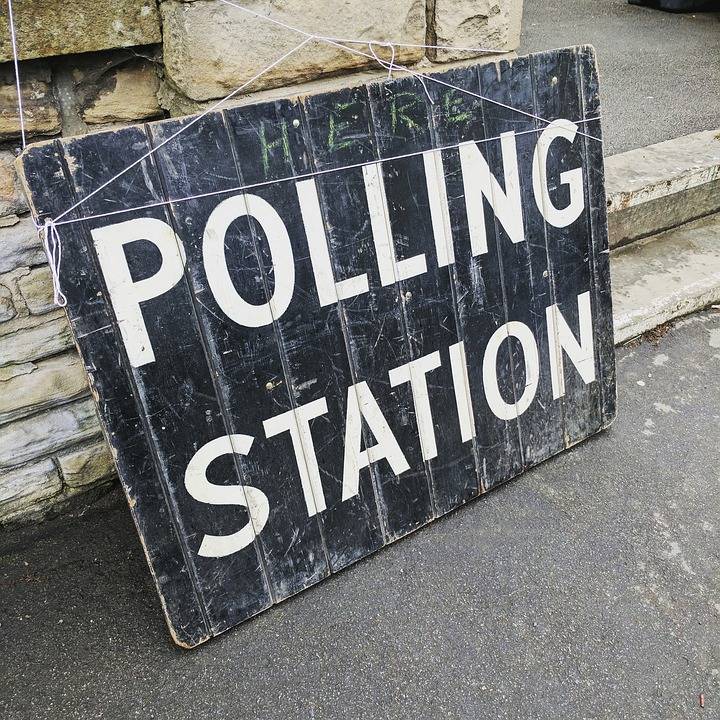Political campaigning should be the politician’s default position – not a 6 week exercise every few years.
Political campaigning should be the every day priority of all politicians. Successful politicians campaign on issues rather than focusing on their career, their position or the pictures in their office. And their careers benefit because of it.
All the major parties are pretty rubbish at this though. No wonder that the public often give the “wrong answer” when asked what the parties stand for. What an indictment of the party leaders who have let the brand of their party, the most valuable asset of any organisation, be dictated by how public perceptions fill the vacuum they leave.
The Lib Dems always seemed good at campaigning before they hit the cold reality of being in government – ineffective and inconsistent nationally but perceived as good local triers. Labour have too often been a bit cross and on an angry, indignant rant. The Conservatives have far too often relied on their smug (and occasionally correct) assertions that they are running things. No need to discuss or talk about it – everyone knows we are competent – surely?
The non-campaigning politicians are universally hurt and shocked when constituents say “all you politicians are the same” and that “you are only in it for themselves.” They are also the first to claim the credit for winning elections and the first to blame the national swing, CCHQ, the party leader, UKIP – or almost anything else – when they do lose their seats. This applies to all levels of politicians – MPs, councillors and MEPs.
I think these non-campaigning politicians are usually wrong, often lazy and generally deserve to lose their seats. National swings can be bucked – successful local campaigners have immense immunity. These victim politicians have somewhere lost the energy and the focus that got them selected and elected in the first place and they have given up control of their own political destiny. They are victims of external influences. They rely on politicking. They lose credibility and focus, become vulnerable to attacks from the media and are less sympathetic – even to their own. Less sympathetic because they are or have become politicians – people quite like honest, hard-working campaigners but they really do not like politicians.
Eric Pickles was interviewed this week by Conservative Home and admitted that some so-called Conservative councils would not, could not, be recognised for being Conservative. “The prime test for any Conservative council is: Would somebody queuing for a bus know that it was a Conservative authority?” They are Conservative in name only. The same goes for the councillors. I suggest that some of the councillors on these councils are not campaigners even in name.
In The Telegraph, Fraser Nelson highlights the huge contrast between the high levels of interest in politics and the low level of interest in party politics. In the same theme, in The Spectator, Nelson tells how the campaigning organisation the TPA lead by Matthew Elliott has more members than the Lib Dems.
This weekend I spoke at the European Young Conservatives conference in Oxford. I asked the 100 plus participants from around the world why they are Conservative and what they want to achieve. That is the key question – what do our politicians want to achieve in politics – not what titles or offices do they want to hold.
A political office as a destination is a sad and empty ambition. To gain a political position as a platform or a weapon or a tool in order to achieve something is a worthy and useful route and ambition.
What is the point of wanting to become Prime Minsiter if you do not know what you want to do with the power that accompanies that title or position?
If you have things you want to achieve and you chase after those goals – you will be driven, focused and credible. You will sound and act like Eric Pickles, Francis Maude, Iain Duncan Smith and Michael Gove. If you have nothing to campaign on, once elected you end up wondering about decorating your office. Please note – campaigning here is not used in its party political sense but in the sense of campaigning for something.
Campaigning for something brought Labour and Conservatives together in the NO2AV referendum. Campaigning for something, for a goal or a vision creates powerful coalitions that exist to achieve rather than to survive. By definition real campaigning puts other people first and the interests of self and party 2nd, 3rd or last. Real campaigning invites supporters and volunteers and allies and funding and media. Self-interested politicians attract only like minded wannabes who want to further their own careers by exploiting the exploiter.
Standing for something and campaigning for it may not gain you universal support – but a genuine and hardworking campaigner will almost always earn respect.

